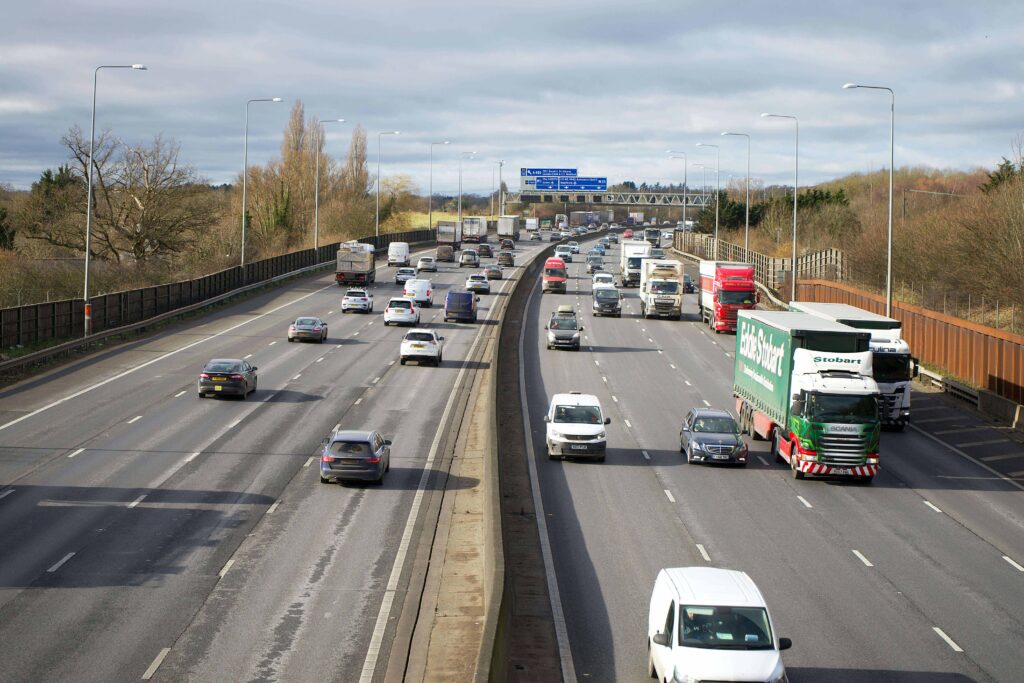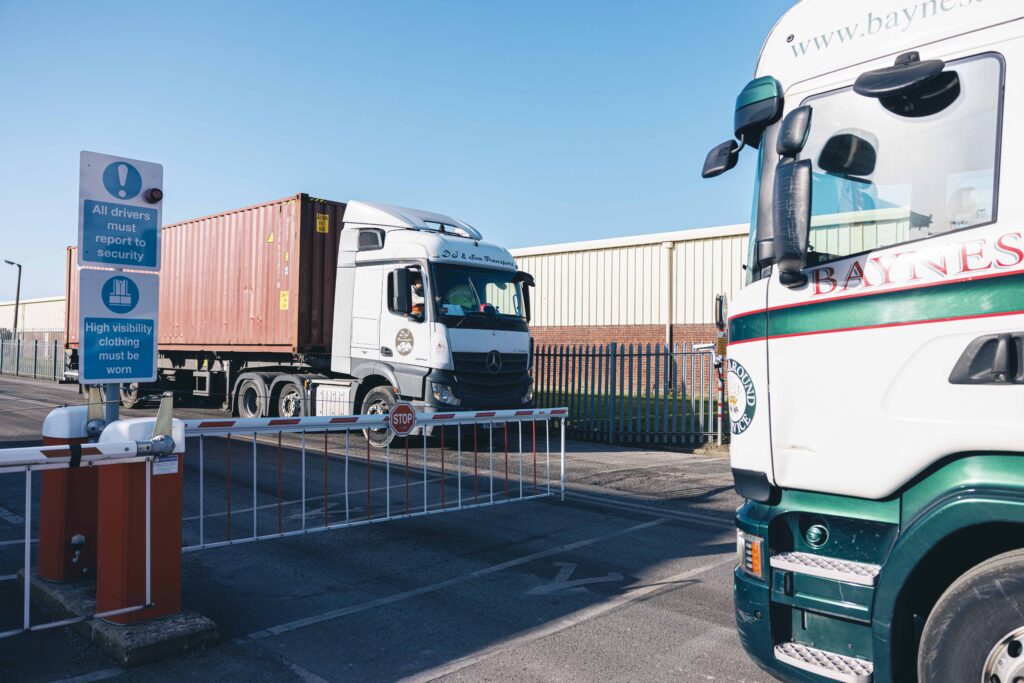The logistics industry is the backbone of the UK's economy, and lorry drivers play a vital role in driving the transport sector. However, lorry drivers are coming under frequent attack from criminals in a rise in cargo theft.
Recent statistics have shown that the number of lorry drivers being intimidated or assaulted by thieves is increasing. The safety of truck drivers is a prime concern for businesses, but this also has an impact on economic considerations.
The life of a truck driver can be lonely and isolating, which leaves them open to the risk of attack. GWS offers safe spaces for drivers with a fully secure warehousing facility based near major ports in the North of England.
The Impact of Freight Crime
According to the National Vehicle Crime Intelligence Service (NaVCIS), the definition of' freight crime' has been changed to cover the offences drivers are experiencing. 'Freight Crime is an acquisitive crime that targets laden or unladen vehicles with a minimum weight of 7.5 tonnes. It includes the theft of cargo or fuel, robbery against the driver and damage caused during attempted offences.
The Road Haulage Association (RHA) reported over 5,000 reports of HGV or cargo crime in the UK during 2022. The National Freight and Cargo Crime Analysis Yearly Report, published annually, shows a worrying surge in targeting road freight. This figure showed a 14% increase in cargo crime on the previous year.
According to the Office of National Statistics (ONS), around 268,000 people were employed as HGV drivers in the UK in June 2021. A large proportion of HGV drivers work long hours and are often required to sleep in the cabs at the roadside. Sleeping in often remote locations puts drivers in a vulnerable position and makes them open to intimidation or attack.
The RHA says there is no specific way to record these offences. They suggest that the number of reported crimes could be much higher than the 5086 stated in the report.
In 2022, the results of such attacks cost British businesses around £66 million in stolen goods. However, the true cost is estimated to be nearer to £460 million when damage and downtime are considered.

The Human Cost of Cargo Theft
Economic losses are not the only cost of cargo theft. The effect of these crimes on drivers is vast and deeply concerning. The threat of potential roadside crime can intensify feelings of anxiety and loneliness in lorry drivers. The constant threat of hijacks or physical attacks is taking its toll on the mental health of drivers around the country.
A recent survey by the RHA revealed that 56% of lorry drivers who completed the survey have felt unsafe while parked overnight. A further 43% of drivers reported being victims of theft or attempted theft. The statistics highlight that facilities for drivers to rest safely are inadequate, and improvements need to be considered.
Businesses are addressing the issue in many ways by incorporating technologies such as GPS tracking and real-time monitoring. These measures are good for aiming to deter thieves and provide a quick response. Many companies offer additional training to drivers in defensive driving techniques or awareness to help them respond to potential threats.
Improve Wellbeing and Save Money
Investing in better facilities for drivers should be a priority for the industry. Whilst this needs investment, the payoff for the industry would be huge. From staff retention to lower running costs, there are many benefits to providing safe facilities for drivers.
Between 2019 and 2021, the industry experienced a 12% decrease in lorry drivers. Creating a safer work environment would be hugely beneficial for an industry that is seeing a year-on-year reduction in staff numbers.
Protecting stock at all points in the supply chain reduces costs. Decreasing shrinkage, whether from damage or theft or reducing the impact of damaged equipment, saves businesses money. Minimising these losses will also improve insurance costs across the sector and bring down final consumer pricing.

Safe and Secure Driver Facilities
While there are facilities dotted around the country, from service stations to truck stops, the driver infrastructure needs improving. Some lorry drivers are still resorting to sleeping in laybys where appropriate facilities are not available. And whilst truck stops and service stations may be monitored by CCTV, they are still open to would-be criminals.
Warehouse companies can play a part in safeguarding lorry drivers and their cargo. GWS provides warehouse services in Immingham, North East Lincolnshire, and has a fully secure 23-acre site. With completely secure perimeter fencing, any vehicle or personnel on site is totally protected.
Drivers can park up at our secure warehousing facility to rest between driving stints and refresh, ready for their next journey. They can recuperate safe in the knowledge that they and their equipment are protected from potential attack. Drivers also have access to washing and toilet facilities to make their stop more comfortable.
What may seem like a small service for a warehousing facility to offer has massive benefits for drivers and businesses. Reducing the risk of theft, damage or assault improves the wellbeing of staff and saves companies money. Drivers can unload at GWS with our convenient unloading facilities, then rest, protected on site, ready for their next load.
GWS Highly Secure Warehousing in Immingham
GWS is based within 1 mile of Immingham Port, making it incredibly easy for companies to store imported goods. We also have bonded warehousing available for businesses to streamline the import and export function.
We are proud to support a safe supply chain network and protect the vital work of HGV drivers. Our friendly team operates from a secure warehousing facility that is gated and manned 24 hours a day.



